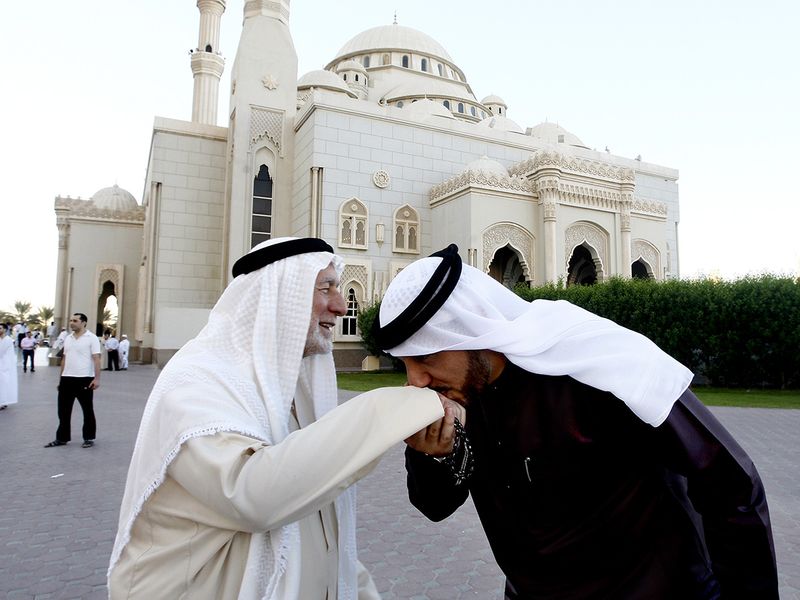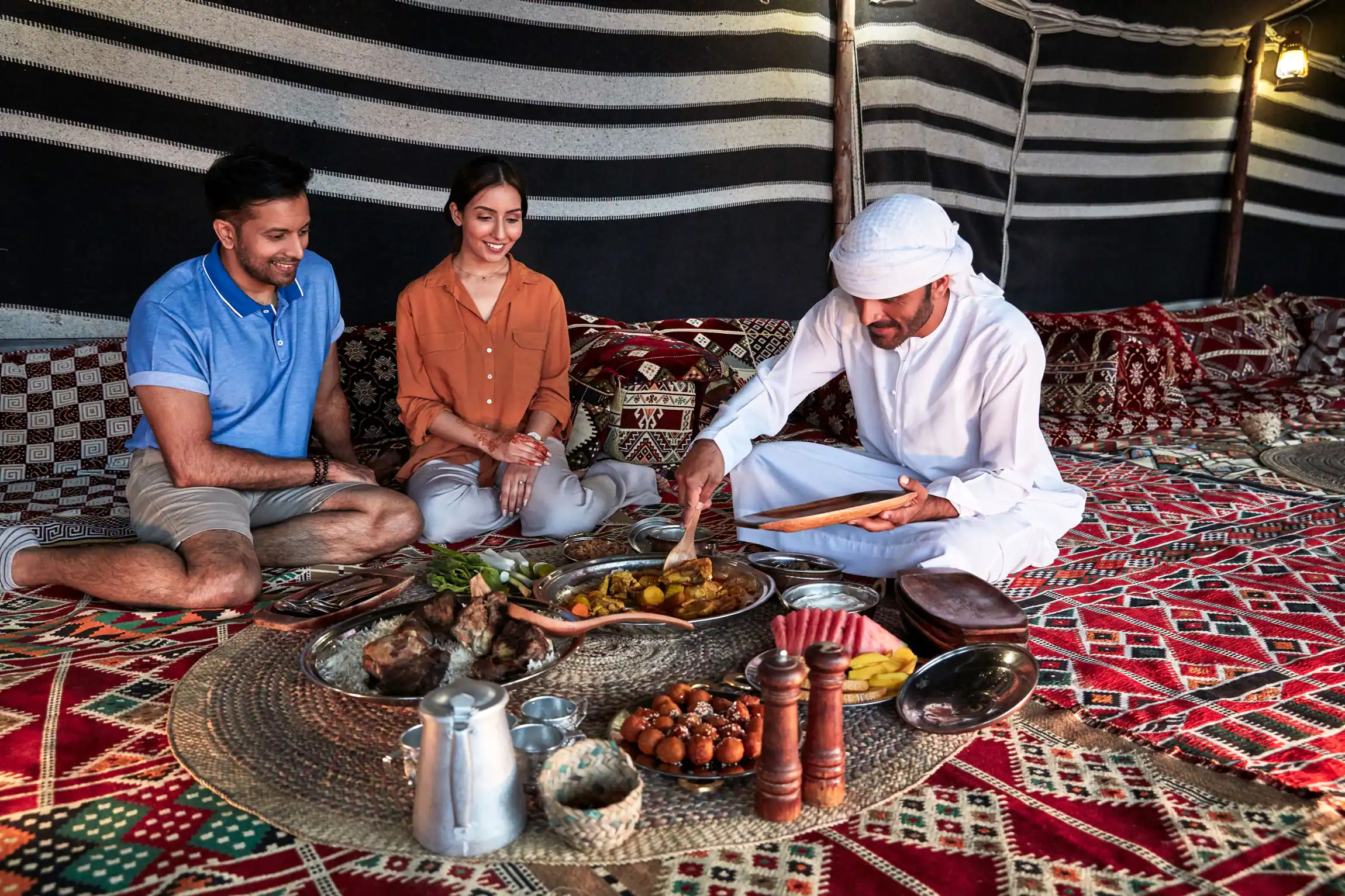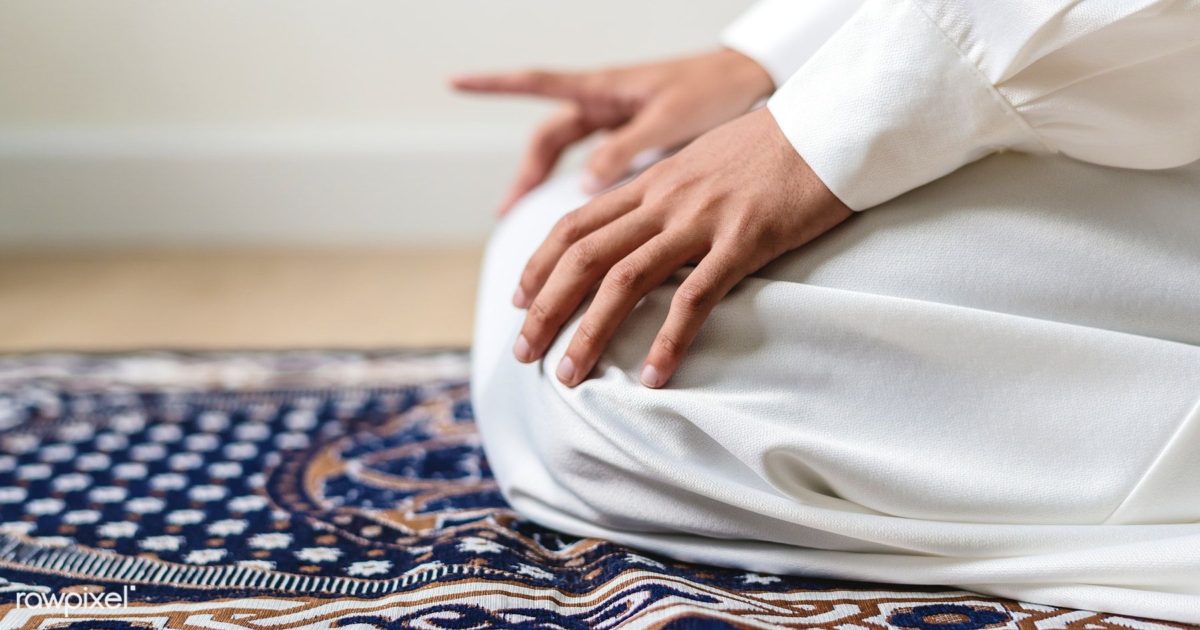Traveling to the Arab world offers a unique opportunity to immerse oneself in a rich tapestry of culture and tradition. It’s essential to also recognize that travel isn’t just about visiting new places; it’s about immersing yourself in the rich lifestyle that await you.

However, navigating unfamiliar customs and etiquette can sometimes be challenging for travelers. Understanding and respecting these cultural nuances is not only a sign of courtesy but also enhances the overall travel experience. One such culture that beckons with open arms is that of the Arab world.
In this guide, we will delve into the fascinating world of Arabic customs and etiquette, providing insights that will help travelers navigate with confidence and respect. From bustling souks to ancient mosques, every corner resonates with tradition, warmth, and a sense of hospitality. But to truly appreciate and connect with the locals, understanding Arabic customs and etiquette is paramount.
Greetings & Introductions
“As-salamu alaykum” – is regarded aS the Universal Greeting.
When you step foot in an Arab country, you’ll hear the melodious phrase “As-salamu alaykum” (peace be upon you) echoing through the air, often accompanied by a handshake or a nod of the head. It’s more than a mere salutation; it’s an invitation to connect. You will respond with “Wa alaykumu as-salam” (and peace be upon you) to reciprocate the goodwill.

Handshakes are common, especially in business settings. However, be mindful of gender norms. Men should avoid initiating handshakes with women unless she extends her hand first. When meeting someone for the first time, it is customary to inquire about their well-being before engaging in conversation. Personal space is valued, so maintaining a respectful distance during interactions is appreciated.
Hospitality & Tea Culture
Arabs take hospitality seriously. When invited into someone’s home, expect a warm reception. You’ll be ushered to a majlis (sitting area) where plush cushions await. And what’s the first thing offered? Tea or coffee, of course!

Tea (chai) is more than a beverage; it’s a symbol of friendship. Served in small glasses, it’s often sweetened with sugar and flavored with fragrant spices like cardamom. Accept it graciously, and engage in conversation. The more cups you’re offered, the deeper the bond.
Dress Code & Modesty
Traditional attire in the Arab world varies across regions but generally reflects modesty and cultural values.

For men, the kandura (also known as the thobe or dishdasha) is the traditional attire. It’s a long, loose, white shirt, perfect for the desert heat. Women wear the "abaya" or "jilbab", a flowing black cloak that covers their clothing. These garments not only serve as expressions of cultural identity but also promote modesty and humility.

Travelers are encouraged to dress conservatively, covering shoulders and knees, to show respect for local customs and sensitivities. Modesty is key, so avoid revealing outfits.
Dining Etiquette
Arabic dining customs emphasize communal meals and hospitality. It is common for hosts to serve generous portions of food, and guests are expected to partake in the meal with enthusiasm.

Gather around a sufra (low table) with friends and family. Use your right hand to eat, as the left hand is considered impolite and unclean. And don’t be surprised if your host insists you eat more – it’s a sign of hospitality.
When invited to someone’s home, accept graciously. Refusing food or drink may offend your host. And remember, the best conversations happen over a shared meal.
Social Customs
Respect for elders and family ties are highly valued in Arab society. Addressing elders with reverence and deference demonstrates respect for tradition and hierarchy. Their wisdom is a treasure trove.

You’ll hear “inshallah” (if God wills it) often. It’s a reminder that plans are subject to divine approval reflecting a belief in fate and destiny. Embrace the uncertainty; it’s part of life’s rhythm.
Building personal relationships based on trust and mutual respect is key to navigating social interactions in the Arab world.
Religious Observances
Islamic practices and customs play a central role in Arab culture, shaping daily life and traditions. Observing prayer times, fasting during Ramadan, and visiting mosques are important religious observances for Muslims.

Observe the five daily prayers (salat). The call to prayer (adhan) echoes from minarets, inviting you to pause and connect with the divine.
Non-Muslim travelers are encouraged to show respect for these practices and to refrain from eating, drinking, or smoking in public during Ramadan out of consideration for those who are fasting.
Gestures & Taboos
Certain gestures and behaviors may be considered disrespectful or offensive in Arab culture. For example, showing the soles of your feet should be avoided. It’s considered disrespectful. Cross your legs instead.

Additionally, public displays of affection, especially between unrelated individuals, loud laughter, and impatience are frowned upon. Being mindful of these cultural taboos demonstrates respect for local customs and traditions.
Tipping & Gift-Giving
Tipping is not mandatory in Arab countries, but it is appreciated for exceptional service. A gratuity of around 10% is customary in restaurants and for other services. When giving gifts, it is the thoughtfulness and sincerity that matter most. Gifts should be presented with the right hand, and it is polite to express gratitude for the gesture.
In conclusion, Arabic customs and etiquette are deeply rooted in tradition and reflect the values of hospitality, respect, and community. By understanding and respecting these cultural nuances, travelers can forge meaningful connections and enrich their travel experiences.

Embracing diversity with an open mind and heart is not only rewarding but also fosters mutual understanding and appreciation across cultures. As you embark on your journey to the Arab world, remember to approach each interaction with curiosity, respect, and a spirit of openness.
Let the sands whisper their secrets, and may your journey be filled with shared tea, warm smiles, and lasting connections.
Ready to experience the wonders of Dubai for yourself? Visit our website for more travel guides, tips, and inspiration to help you plan your ultimate Dubai adventure.
Subscribe and Follow us on all our social media @24HourKandura for the latest updates and exclusive travel deals.
24K...Tailored Tradition, Crafted For You!
If you enjoyed reading this article, you'll definitely like this other article here ''Embark on Unforgetable journey with 24K''






